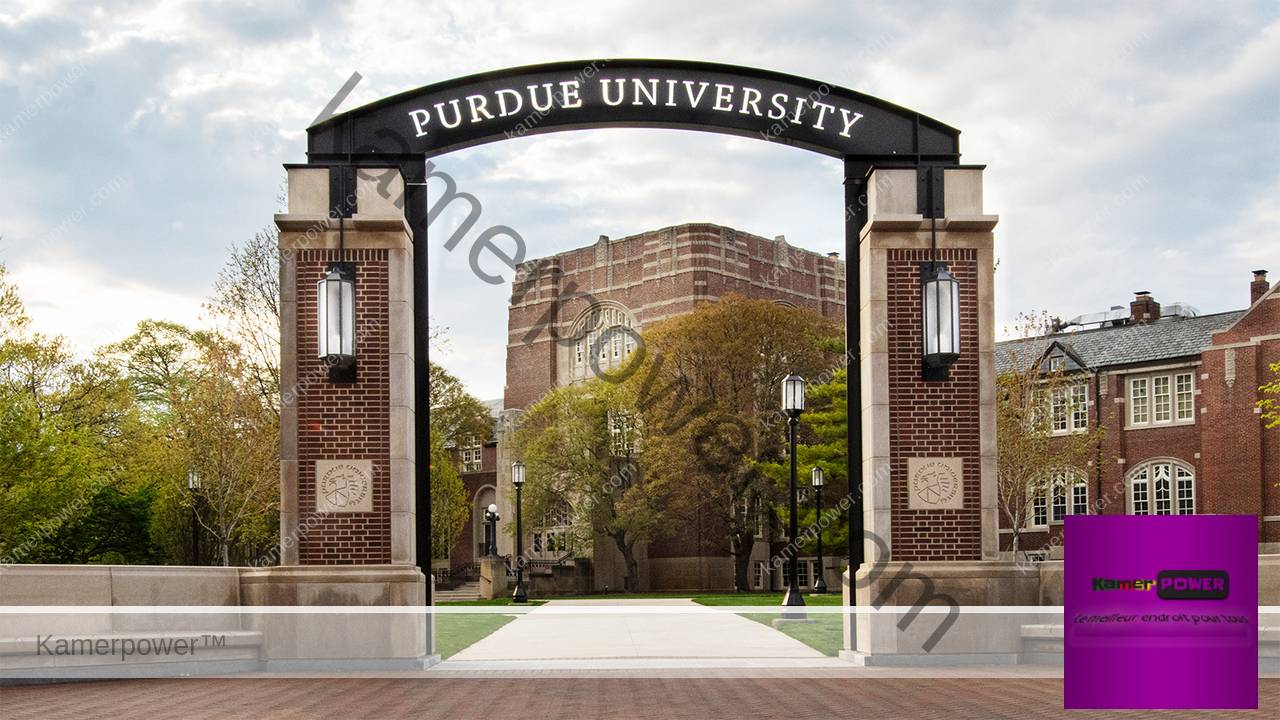The Inside Scoop: Purdue Engineering Acceptance Rate Revealed
Are you aspiring to join the prestigious Purdue University’s engineering programs? If you’re considering Purdue for your engineering education, understanding the acceptance rate is crucial. This article will provide you with valuable insights into the Purdue Engineering Acceptance Rate, helping you gauge your chances and make informed decisions.

Why Acceptance Rate Matters
The acceptance rate is a critical factor to consider when applying to Purdue’s engineering programs. It represents the percentage of applicants who receive admission. Aspiring engineers often compete for limited spots, making it essential to comprehend this rate.
What is Purdue Engineering Acceptance Rate?
Before delving into the numbers, let’s get a clear picture of what the acceptance rate signifies. The Purdue Engineering Acceptance Rate is the percentage of applicants who are granted admission to the various engineering programs at Purdue University. It’s a significant metric for applicants as it directly affects their chances of being admitted to their desired engineering discipline.
Variations by Engineering Program
It’s essential to note that the acceptance rate can vary among different engineering programs within Purdue University. Each program may have its admission criteria and competition levels. For instance, the acceptance rate for Purdue’s Computer Engineering program may differ from that of the Mechanical Engineering program.
Factors Influencing Acceptance Rates
Understanding what factors can influence Purdue’s engineering acceptance rates is crucial for prospective students. Admissions decisions are not made arbitrarily; they are based on a combination of several key factors:
Academic Qualifications
Your academic performance in high school, including your GPA and class rank, plays a significant role. Purdue University seeks students who have demonstrated their academic abilities and dedication to their studies.
Application Strength
The strength of your application matters. This includes your statement, letters of recommendation, and any additional materials you submit. Make sure your application reflects your passion for engineering and your unique qualities.
Competition
Purdue’s engineering programs are highly competitive. The number of applicants can vary from year to year, affecting the overall acceptance rate. It’s essential to be prepared for a competitive admissions process.
Recent Trends in Purdue Engineering Acceptance Rates
Understanding the historical trends in acceptance rates can give you a better perspective on what to expect when applying to Purdue’s engineering programs. While acceptance rates can fluctuate from year to year, analyzing recent data can provide valuable insights. Here are some trends to consider:
Overall Acceptance Rate
Purdue University typically receives a high volume of applications for its engineering programs. In recent years, the overall acceptance rate has been in a competitive range, making it essential for applicants to present strong credentials.
Program-Specific Variations
Acceptance rates can vary significantly among Purdue’s engineering disciplines. Some programs may be more competitive than others due to differences in the number of applicants and program-specific admission criteria.
Application Volume
The number of applications received can impact acceptance rates. Be aware that popular engineering programs may receive a larger pool of applicants, leading to increased competition.
Acceptance Rates for Purdue Engineering Programs
Purdue University offers a wide range of engineering programs, each with its own unique characteristics and admission requirements. To help you make informed decisions about where to apply, let’s explore the acceptance rates for some of Purdue’s notable engineering programs:
Mechanical Engineering
Acceptance Rate: The acceptance rate for Purdue’s Mechanical Engineering program can vary from year to year but has historically been competitive due to the program’s reputation and popularity.
Computer Science
Acceptance Rate: Computer Science is a highly sought-after program at Purdue, with a competitive acceptance rate. Applicants are encouraged to have a strong background in mathematics and computer science.
Aerospace Engineering
Acceptance Rate: Purdue’s Aerospace Engineering program is renowned for its excellence. Admission is competitive, and applicants are expected to have a solid foundation in physics and engineering.
Frequently Asked Questions about Purdue Engineering Programs
Q: What engineering programs does Purdue University offer?
A: Purdue offers a wide range of engineering programs, including Mechanical Engineering, Computer Science, Aerospace Engineering, Electrical Engineering, Biomedical Engineering, and more. You can explore their offerings on the official Purdue University website.
Q: How can I check the acceptance rates for Purdue’s engineering programs?
A: Purdue University typically publishes acceptance rate information on its official website. You can also find this data in university admissions publications or by contacting the Purdue admissions office.
Q: What are the minimum GPA and standardized test score requirements for Purdue’s engineering programs?
A: GPA and test score requirements can vary by program and year. It’s best to check the specific requirements for the engineering program you’re interested in on Purdue’s official website or in their admissions materials.
Q: Can I apply to multiple engineering programs at Purdue?
A: Yes, you can apply to multiple engineering programs if you meet the respective admission requirements. However, be sure to prioritize your top choices in your application.
Q: What should I include in my statement for Purdue’s engineering programs?
A: Your statement should showcase your passion for engineering, explain why you’re interested in Purdue’s programs, and highlight your relevant experiences and goals.
Q: Are scholarships available for engineering students at Purdue University?
A: Yes, Purdue offers various scholarships for engineering students. These scholarships may be merit-based, need-based, or related to specific engineering fields. Check Purdue’s financial aid and scholarship resources for details.
Q: Are there any engineering research opportunities for undergraduate students at Purdue?
A: Yes, Purdue is known for its research opportunities. Many engineering students engage in research projects with faculty members during their undergraduate studies. Explore Purdue’s research programs for more information.
Q: Does Purdue University provide career services and internships for engineering students?
A: Purdue offers career services to help engineering students with job placement and internships. The College of Engineering has a dedicated career services office to assist students in their career development.
Q: Can international students apply to Purdue’s engineering programs, and are there specific admission requirements for them?
A: Yes, international students are welcome to apply to Purdue’s engineering programs. They should follow the same application process as domestic students, with some additional requirements related to English language proficiency.
Q: How can I schedule a campus visit or learn more about Purdue University’s engineering programs?
A: You can schedule a campus visit, attend virtual information sessions, or request more information about Purdue’s engineering programs through the Purdue University admissions website.
Conclusion:
Applying to Purdue University’s engineering programs is a competitive but rewarding endeavor. By understanding the acceptance rates for specific programs and focusing on your academic and extracurricular achievements, you can increase your chances of securing a spot in the engineering program that aligns with your aspirations.




